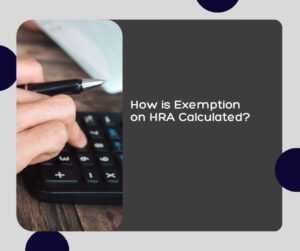3 Simple Tips for Using a Line of Credit Responsibly

Sometimes, things just don’t go your way. Your drive belt can break while on the road, necessitating an urgent tow to the nearest auto shop. Or maybe you trip and chip a tooth, and you don’t have dental insurance.
In these emergencies, a line of credit might be necessary. You can dip into your limit to cover an unexpected auto repair or dental expense, and pay it back on your own time.
If you don’t already have a line of credit, a lender like Fora makes it easy to research your options online. All it takes is a quick visit to their website before comparing your options with other lenders. If you like what you see, you can even get a line of credit from Fora, provided you qualify and are approved.
Unlike other personal loans, a line of credit doesn’t close when you pay off your balance. It can become a long-term financial tool that you keep open for future emergencies.
With that kind of longevity to your line of credit, it’s not always clear how to maximize this account over time. This article is here to change that. Check out these tips to help you use your line of credit responsibly.
1. Treat it Like it’s Cash
With cash, you can only spend the bills and coins you physically have in your hands. There’s no way to give an IOU that allows you to spend above and beyond what you can afford.
Credit is different. It’s an IOU that lets you pay off purchases in the future. That’s the danger of these accounts. Research shows people spend more using non-cash transactions, and it’s easier to lose track of your spending when it’s all electronic.
To avoid making this mistake, follow a simple rule: treat a line of credit like cash. In other words, only withdraw funds that you can afford to pay off by your due date.
2. Budget to Pay it Off Fast
How can you follow the rule above if your emergency expense exceeds your budget? If you can’t delay a repair or purchase, you’re stuck putting more on your line of credit than you can pay off in one go.
In emergencies, you get a pass. However, you should sit down with your budget to find out how to pay off your balance in as short a time as possible. This reduces how much interest you accrue over time, and it frees up your limit for the next emergency.
3. Only Rely on the Minimum in Emergencies
Emergencies can feel like they’re in cahoots. Suppose you put your drive belt replacement on a line of credit, and not two days later, you have to take your cat to the vet. After your emergency visit, you come away with an extra $1,000 on your account.
In this situation, you may rely on the minimum payment. This payment helps you avoid late payments, giving you time to work on your budget and find more cash to put toward your debt.
Outside of these circumstances, you should never rely on the minimum. Paying the minimum won’t pay off your debt. Instead, it increases the interest you accrue, and it may lower your credit score depending on how your lender reports your account.
Bottom Line:
It doesn’t matter if you just opened an account, or you’ve had it for years; these three rules can help manage a line of credit for its entire lifetime.

Pranab Bhandari is an Editor of the Financial Blog “Financebuzz”. Apart from writing informative financial articles for his blog, he is a regular contributor to many national and international publications namely Tweak Your Biz, Growth Rocks ETC.








